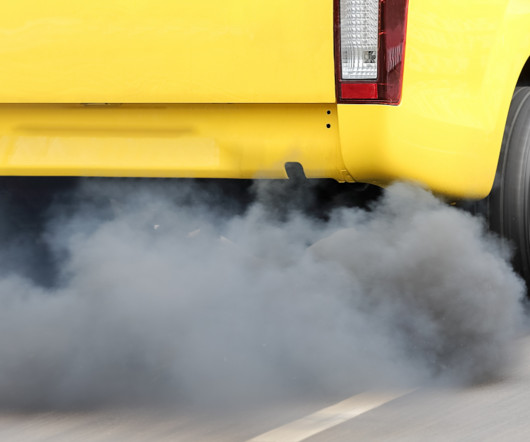EPA Report Finds Significant Opportunity to Reduce GHG Emissions Through Materials and Land Management Practices
Green Car Congress
SEPTEMBER 19, 2009
Materials management refers to how material resources are managed as they flow through the economy, from extraction or harvest of materials and food (e.g., Tags: Climate Change Emissions Land use Policy. These strategies can work in concert with sector-wide strategies to reduce overall transportation emissions.
















Let's personalize your content